When it comes to plumbing emergencies, few situations create as much stress and disruption as a burst pipe. In Sydney’s climate, fluctuating temperatures, ageing infrastructure, and high water pressure can all contribute to sudden pipe failures. The damage can spread quickly, and soaked floors, ruined walls, and potential electrical hazards can occur within minutes. That’s why understanding how to act fast can make all the difference between a simple fix and extensive repairs.
A burst pipe isn’t just a plumbing issue; it’s a property emergency. It can interrupt your water supply, damage your belongings, and even impact the structural integrity of your home or business. Many Sydney property owners underestimate how rapidly a small leak can escalate into a major problem if left unchecked.
In this guide, we’ll walk you through everything you need to know about burst pipe repairs in Sydney, from identifying early warning signs to taking immediate action and managing costs effectively. You’ll also learn when it’s time to call a professional plumber and how to minimise damage before help arrives. With the right knowledge and quick response, you can protect your Sydney property and avoid costly long-term damage.
Signs of a Burst Pipe: How to Detect Plumbing Emergencies
Look for both obvious and subtle warning signs. Common indicators include:
Visible Water or Standing Wet Areas: Puddles or drips appearing under sinks, appliances, or ceilings, or unexplained damp patches on floors/walls, are clear signs of a leak. Even small pools on concrete or grass may trace back to an underground burst.
Sudden Pressure Drop: If taps, showers, or toilets lose pressure or sputter (especially when another tap is used), water is likely escaping the system. A consistent reduction in pressure throughout the house often signals a hidden pipe leak.
Discoloured or Cloudy Water: Brown, yellowish, or rusty water from any tap (particularly cold taps) suggests pipe corrosion or sediment from a burst pipe. Cloudy or metallic-smelling water indicates contaminants entering the supply, a common symptom of cracking pipes.
Mould, Mildew, or Musty Odours: Persistent dampness encourages mould. Black or green mold spots on walls, ceilings, or under cabinets, or a distinct mildew smell, often accompany hidden leaks. Any mould growth near plumbing fixtures should be investigated.
Higher Water Bills: An unexplained spike in your water usage/bills is a classic red flag for hidden leaks. A continuous leak (especially underground or in walls) can waste thousands of litres without visible evidence.
Meter Running When Taps Are Off: Check your water meter: with all taps and appliances off, the meter’s small dial (or digital indicator) should be still. If it’s moving, water is flowing somewhere (indicating a leak). This simple test can confirm a hidden pipe break.
Being alert to these signs can help you catch a burst pipe quickly and call for help before serious damage occurs.
Immediate Actions: Stop the Leak and Limit Damage
In the first hour after a burst pipe, safety and containment are the top priorities. Follow these urgent steps:
Turn Off the Water Supply: Immediately locate and shut off the main water valve to stop the flow of water. In Sydney homes, the valve is often near the water meter or where the main line enters the house. Turn it clockwise firmly to close. If the valve is stiff, use pliers or a wrench (in your emergency kit), but shut it off without delay.
Cut Power to Affected Areas: Water and electricity are a deadly mix. As soon as the water is off, switch off electrical circuits or appliances in the flooded area (or the main household switch if flooding is widespread). This prevents shocks and electrical fires.
Drain and Depressurise: Open all taps (both hot and cold) and flush toilets to let trapped water flow out. This relieves pressure in the pipes and removes water left in them. Clearing the lines helps prevent further leaking once repairs begin.
Call a Professional: Once immediate hazards are addressed, contact a licensed emergency plumber right away. In Sydney, emergency plumbing services operate 24/7. Do not attempt any major repairs yourself. A professional will assess damage, make temporary repairs to stop leaks, and advise on a permanent fix. Do inform your plumber about any relevant factors (e.g., location of burst, precautions taken, presence of asbestos in old pipes).
By shutting off utilities, draining lines, containing water, and using basic tools, you protect your home from further damage. Act swiftly but carefully in those first moments; your safety and the safety of your property come first.
Hiring a 24/7 Emergency Plumber for Burst Pipe Repair
Once the leak is contained, it’s time to call a professional. In NSW, any pipe repair work must be done by a licensed plumber, so look up a local emergency plumber who offers round-the-clock service. Explain that you have a burst pipe and ask how soon they can come out. A nearby plumber can often arrive within an hour or two. Confirm they are licensed and ask about call-out fees, especially for after-hours work. Remember, if the leak is on your side of the meter, it’s your responsibility to fix it. Companies emphasize rapid 24/7 response and transparent pricing, so having a trusted plumber’s number on speed dial can save you from a soggy disaster.
Emergency vs Regular Plumbing Services
When dealing with burst pipes, you’ll usually rely on an emergency plumbing service. Below is a quick comparison between emergency 24/7 plumbers and regular plumbing services:
| Aspect | Emergency Plumbing | Regular Plumbing |
| Availability | 24/7 (nights & weekends) | Business hours only |
| Response Time | Very fast (often within hours) | Scheduled appointment (days) |
| Call-Out Fee | Yes – higher after-hours rates | Yes, but typically lower |
| Service Cost | Premium (higher rates for urgency) | Standard labour rates |
| Use Case | Burst pipes, major leaks, floods | Routine maintenance, installs |
Burst Pipe Repair Costs: What to Expect
Repairing a burst pipe can be expensive, especially in an after-hours emergency. Below are typical Sydney pricing ranges (in AUD):
Call-Out Fee: Most Sydney plumbers charge a flat fee for attendance. Under normal hours, this is roughly $80–$150, covering travel and initial inspection. After-hours, weekend, or holiday service calls usually jump to $200–$350 or more.
Hourly Labour: Expect about $80–$150 per hour for work during business hours. After-hours rates typically rise to $150–$250+ per hour. Remember that most plumbers have a minimum charge (often 1–2 hours) even for quick jobs.
Minor Repair Costs: Small jobs like fixing a short leaking section or a loose joint often total around $150–$350. This covers basic labour and parts (e.g., a few feet of new pipe or a valve). Always clarify whether the plumber’s quoted range is parts-and-labour or labour-only.
Moderate Repairs: If the burst pipe is harder to access (e.g., behind a wall or under floorboards), costs rise. Moderate repairs typically fall in the $300–$800 range. This includes time to open wall cavities, replace pipe sections (possibly cutting through drywall), and restore finishes. The more demolition or equipment required, the higher the fee.
Emergency/Weekend Premiums: If your burst pipe happens after hours, expect a substantial surcharge. Night-time, weekend, and public holiday work commonly costs 50–100% more than daytime rates. For instance, a service call that costs $200 on a weekday might cost $400+ on a Sunday. Plumbers justify this as overtime pay and the urgency of a rapid response.
Tips to Prevent Future Burst Pipe Emergencies
Once you’ve fixed a burst, you’ll want to stop it from happening again. Here are some smart moves:
Insulate vulnerable pipes: Even in Sydney’s climate, pipes in garages or outdoors can be shocked by a rare cold snap. Foam insulation sleeves are cheap insurance.
Control water pressure: Excess pressure can fatigue pipes. Consider installing a pressure-reducing valve if your home’s flow feels too strong.
Fix small leaks immediately: A tiny drip often signals a weakening pipe. Repairing it early (and replacing old fixtures) prevents a bigger break later.
Keep the meter accessible: Make sure your water meter/stopcock is easy to reach. Central Coast Council recommends leaving about 50 cm of clear space around the meter, so you can shut it off quickly in an emergency.
Schedule regular plumbing checks: Ask a plumber to inspect your system if your house is older. Preventive maintenance can find trouble spots before they burst.
By taking these preventive steps, you’re less likely to be surprised by a burst pipe. If you follow the tips above and act quickly when trouble strikes, you’ll minimise damage and stay in control, even during a plumbing emergency.
Conclusion
Dealing with a burst pipe can be overwhelming, but knowing what to do and acting quickly can make a huge difference. Recognising early warning signs, shutting off the main water supply, and contacting a licensed plumber are key steps that help protect your home or business from severe damage. Prompt response not only prevents flooding but also keeps repair costs manageable and minimises disruption to your daily life.
From spotting water pressure changes to understanding average repair costs, this guide has covered the essentials of managing burst pipe repairs in Sydney. Whether it’s a minor leak or a major plumbing emergency, being prepared and informed ensures your property stays safe and functional all year round.
At Murflow Plumbing, we offer more than just emergency burst pipe repairs; we also provide blocked drain cleaning, gas fitting, hot water system installations, and general plumbing maintenance. Contact us today for fast, professional service, or request a free quote through our website to restore your plumbing with confidence.
FAQs:
-
What should I do immediately if a pipe bursts in my home?
Turn off the main water supply at the meter right away to stop the flooding. Open taps to drain excess water, then switch off the power in the wet area. Use towels or a wet vacuum to remove as much water as possible. Finally, call a licensed emergency plumber (such as MurFlow) to fix the leak and prevent further damage.
-
How can I find a local emergency plumber in Sydney?
Look for a plumber who advertises 24/7 emergency service and has good local reviews. You can search online or ask friends for a trusted name. Make sure they hold a valid NSW plumbing license.
-
Why should I hire a licensed emergency plumber for burst pipe repairs?
Licensed plumbers have the training and credentials to do the job safely and legally. In NSW, all plumbing work must be done by a licensed professional. Licensed plumbers also provide warranties and insurance protection, giving you confidence in the quality of their work.



